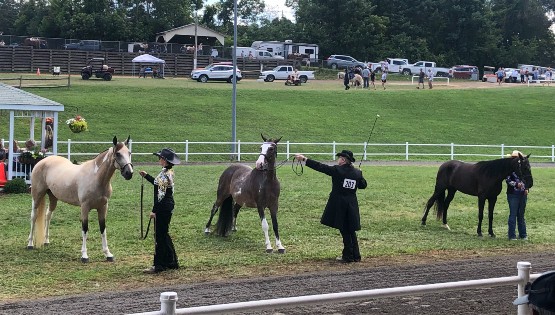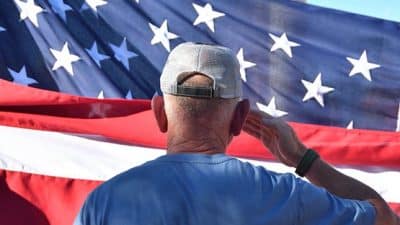
Federal law prohibits soring of horses in the United States.
However, a U.S. Department of Agriculture report found that some horse trainers continue the inhumane practice, which involves a process of intentionally applying substances or devices to horses’ limbs to make each step painful and force the horse to make an exaggerated high-stepping gait rewarded in show rings.
On Thursday, the USDA’s Animal and Plant Health Inspection Service (APHIS) proposed a rule to strengthen Horse Protection Act (HPA) requirements.
U.S. Sens. Mark R. Warner of Virginia and Mike Crapo of Indiana sponsored the bipartisan Prevent All Soring Tactics (PAST) Act, and applaud the USDA’s proposed rule.
“As the authors of bipartisan legislation to ban the cruel and abusive practice of horse soring, we applaud today’s proposal from the USDA to strengthen the Horse Protection Act and eliminate the use of horse soring at horse shows, exhibitions, sales and auctions,” Warner and Crapo said.
An initial HPA final rule by APHIS was withdrawn in 2017. However, after a lawsuit based on that action in June 2023, the U.S. District Court for the District of Columbia issues an order to give the 2017 rule automatic effect if action is not taken within 180 days to either create an updated version of the rule or remedy the deficiency of the 2017 rule. The proposed rule to withdraw the 2017 rule was published on July 20, 2023 and is available for public comment through today.
The HPA prohibits sored horses from participating in shows, exhibitions, sales or auctions, and prohibits the transportation of sored horses to or from any of these events.
Public input on the proposed rule to strengthen HPA will be accepted starting today through October 23, 2023.
Walking horses possess a naturally high gait, but some owners and trainers use improper training methods to exaggerate a horse’s gait and be more successful in competitions. Such methods may cause the horse to suffer from physical pain, distress, inflammation or lameness while walking and moving.
“Soring has no place in walking horse shows. This unnecessary abuse harms horses and makes it harder for those who properly care for their horses to compete,” Jenny Lester-Moffitt, Under Secretary for USDA Marking and Regulatory Programs, said. “By strengthening the HPA regulations, we can all work to eliminate soring, which will improve the welfare of horses competing in these shows and level the competitive playing field for everyone in the industry, which should only help it thrive.”
The proposed changes to the rule include:
- relieving horse industry organizations and associations of all of their regulatory responsibilities, which will eliminate potential conflicts of interest and ensure impartiality of inspections;
- establishing qualifying criteria for people applying to be inspectors, as well as processes for denying applications;
- allowing event management to appoint an APHIS representative to conduct inspections;
- prohibiting any device, method, practice, or substance that could mask evidence of soring, as well as all action devices and non-therapeutic pads and wedges, and substances applied above the hoof;
- clarifying the “scar rule” by modifying the description of visible changes that indicate soring, and;
- amending recordkeeping and reporting requirements for management at horse shows, exhibitions, sales, and auctions to increase oversight and prevent those that have been previously disqualified from participating in events.










